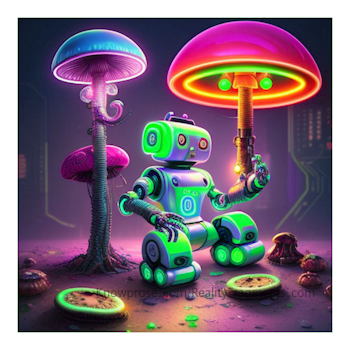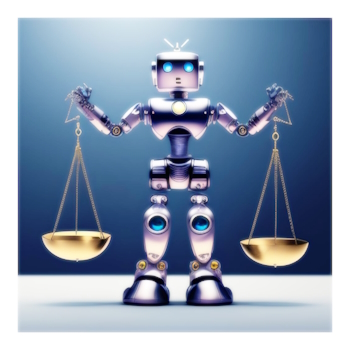
In probably the saddest news for me this week, National Geographic has layed off the last remaining staff writers.
It was a matter of time, I suppose, with the Internet shaking things up for better and worse, and with National Geographic being a business – but how many of us have really considered National Geographic a business? In many ways, it is akin to the BBC in showing us our world, so much so that I hope that their lawyers don’t get upset over me using one of their most famous covers as part of this post.
I’ll take it down if you want to, NatGeo Legal Department, but I’d rather keep it alive as a memory of a wonderful magazine that enriched so many of our lives before the Internet.
It seems I would worry about such a thing from NatGeo, but since they are majority owned right now by Disney, Defender of Mice, Cheese Rights and Copyrights, I just want to be on an even keel.
The cutback — the latest in a series under owner Walt Disney Co. — involves some 19 editorial staffers in all, who were notified in April that these terminations were coming. Article assignments will henceforth be contracted out to freelancers or pieced together by editors. The cuts also eliminated the magazine’s small audio department.
The layoffs were the second over the past nine months, and the fourth since a series of ownership changes began in 2015. In September, Disney removed six top editors in an extraordinary reorganization of the magazine’s editorial operations.
Departing staffers said Wednesday the magazine has curtailed photo contracts that enabled photographers to spend months in the field producing the publication’s iconic images.
In a further cost-cutting move, copies of the famous bright-yellow-bordered print publication will no longer be sold on newsstands in the United States starting next year, the company said in an internal announcement last month.
National Geographic lays off its last remaining staff writers, Washington Post, Paul Farhi, June 28, 2023
It’s interesting that WaPo didn’t paywall that article, which they’ve been pretty annoyingly good at. Bezos needs to get to space, we know.
But wait, there’s more.
“Staffing changes will not change our ability to do this work, but rather give us more flexibility to tell different stories and meet our audiences where they are across our many platforms,” the spokesperson said. “Any insinuation that the recent changes will negatively impact the magazine, or the quality of our storytelling, is simply incorrect.”
The full-time staff will be replaced by a roster of freelance writers, save for certain digital content that will be written by in-house editors, the former staffer said. National Geographic currently employs only two designated text editors, a group of so-called multi-platform editors who handle both print and digital, and a group of digital-only editors, the former staffer said.
National Geographic magazine has laid off the last of its staff writers, CNN, Liam Reilly, June 29th 2023
It’s worth noting that the Washington Post had only one paragraph on what CNN expanded on – and that may be appropriate because it seems to be the Company Line.
It wasn’t until I got to Quartz that I started to see things a little differently.
Disney CEO Bob Iger announced a $5.5 billion plan to cut costs across the company in February. The entertainment goliath has since fired 7,000 employees in multiple rounds of layoffs. One of Iger’s priorities is to turn around struggling streaming service Disney+.
“Instead of chasing (subscribers) with aggressive marketing and aggressive spend on content, we have to start chasing profitability,” said Iger at a Disney all-hands meeting in November, as Reuters reported.
NatGeo, which Disney bought from 21st Century Fox in 2019, has been just one brand hit hard by Iger’s cost savings plan. In September, six senior editors at the publication were also terminated.
National Geographic will soon disappear from newsstand shelves, Quartz.com, Julia Malleck, June 30th, 2023
I mean, c’mon.
This is where the term ratf*cked came from, maybe. Is that a term? Maybe it should be.











